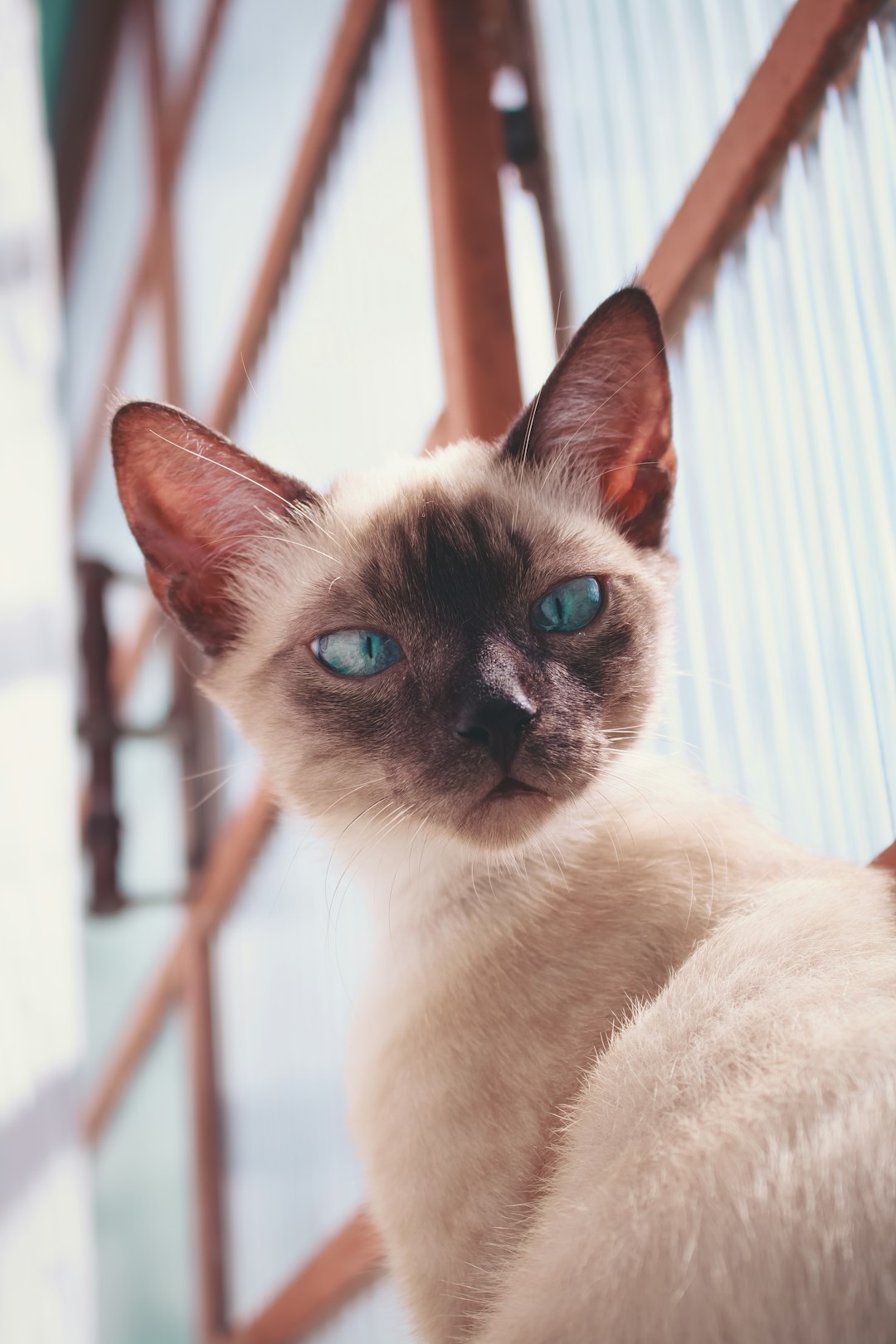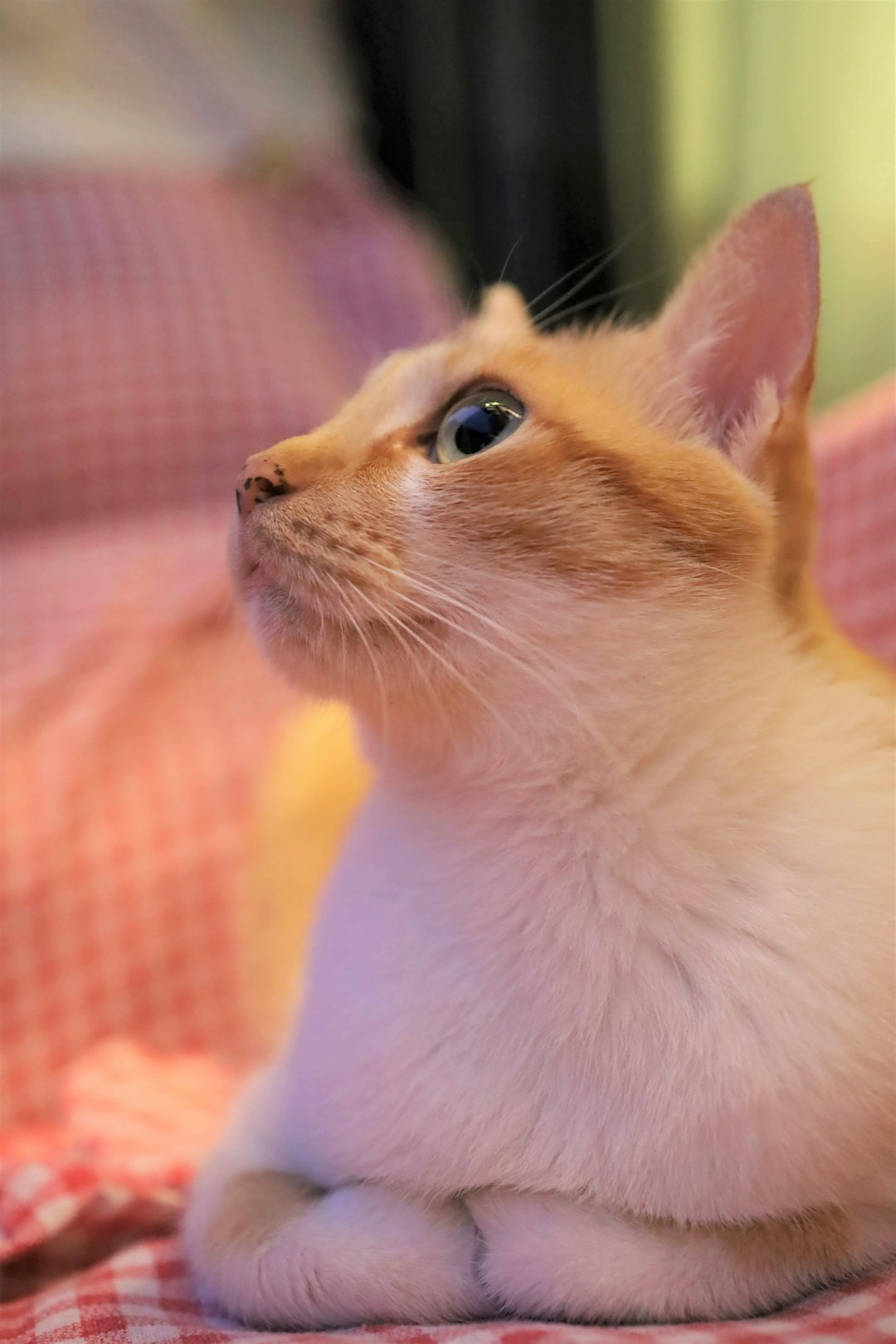Choosing the best kitten food might seem like a walk in the park, but don’t let those adorable eyes fool you—it’s a jungle out there! With so many options lurking on store shelves, understanding your little furball’s nutritional needs is vital. From savoring high-protein delights to dodging misleading labels, every decision shapes their health. So buckle up and join us on this tasty adventure to discover the top nutritional choices that will keep your kitten purring with delight and energy!
Understanding Kitten Nutritional Needs

When it comes to the best kitten food, knowing your little furball’s nutritional needs is crucial. Kittens are in a rapid growth phase, needing more calories and nutrients compared to adult cats. Here’s what to keep in mind:
- Protein Power: Their diet should consist of at least 30-50% protein, necessary for building those adorable muscles. Look for high-quality protein sources like chicken, turkey, and fish.
- Fat Matters: Healthy fats provide essential fatty acids and help with brain development. Aim for about 20% fat in their food. Omega-3 and Omega-6 fatty acids are particularly beneficial.
- Hydration Harmony: Kittens need plenty of water! Wet food can help meet their hydration needs, while dry food will keep those little teeth in top shape.
- Vitamins & Minerals: Key nutrients like taurine, vitamins A, C, D, and calcium are vital for their vision, immune system, and bone health.
In summary, selecting the best kitten food isn’t a game of guesswork but rather a careful consideration of these nutritional essentials. The right food lays the foundation for a happy, healthy kitty!
Types of Kitten Food Available

Choosing the best kitten food can feel like navigating a feline maze, but don’t worry! Here’s a quick breakdown of the three main types of kitten food you can find on the shelves—each with its own perks and quirks:
- Dry Kibble
- Pros: Convenient, cost-effective, and helps maintain dental health.
- Cons: Lower moisture content; not as appealing for picky eaters.
- Wet Canned Food
- Pros: Highly palatable and hydrating, making it a top choice for hydration and flavor.
- Cons: Can be more expensive; needs to be consumed quickly after opening.
- Raw / Freeze-Dried Food
- Pros: Closest to a cat’s natural diet, packed with protein; can boost energy levels.
- Cons: More preparation involved, and risks of contamination if not handled properly.
Now, imagine your little furball nibbling on the best kitten food tailored to their taste! Mix and match these options to find the purrfect balance for your growing kitty. Just remember, no matter what type you choose, ensuring high-quality ingredients is key. Happy feasting!
Key Ingredients to Look For

When searching for the best kitten food, keep your whiskers perked up for these essential ingredients. Your little furball deserves a diet that’s not just cat-tastic, but also packed with everything they need to grow up strong and purring. Here’s what to look out for:
- High-Quality Protein:
- Look for real meat (chicken, turkey, or fish) as the first ingredient. Kittens require more protein than adult cats for their playful energy and muscle development.
- DHA (Docosahexaenoic Acid):
- This omega-3 fatty acid helps with brain and eye development. You’ll want kitten food that lists DHA alongside other crucial nutrients.
- Taurine:
- This essential amino acid supports heart and eye health. Kittens can’t produce enough of it on their own, so it’s critical to find it in their food.
- Vitamins and Minerals:
- A balanced blend of vitamins A, D, E, and minerals like calcium and phosphorus is key for strong bones and immunity.
By focusing on these key ingredients, you’re one step closer to finding the best kitten food for your furry friend. Happy shopping!
Top Commercial Kitten Food Brands
When it comes to the best kitten food, choosing a reputable brand is key to ensuring your little furball gets all the nutrition they need. Let’s dive into some of the top contenders, shall we?
Here’s a quick rundown of some popular brands:
| Brand | Key Features | Price Range |
|---|---|---|
| Royal Canin | Tailored formulas, vet-recommended | $$ |
| Hill’s Science | Nutritional expertise, tasty flavors | $$ |
| Blue Buffalo | Wholesome ingredients, no fillers | $$-$$$ |
| Purina Pro Plan | Excellent digestibility, immune support | $-$$ |
| Nutro | Natural ingredients, grain-free options | $$ |
Now, why are these brands often labeled as the best kitten food? It’s simple! They focus on:
- Nutritional balance to support growth and energy levels
- High-quality proteins for muscle development
- Essential vitamins that contribute to overall health
When selecting the best kitten food, remember that quality trumps quantity. Pick the brand that best suits your kitten’s unique needs and watch them thrive!
Homemade Kitten Food Options
Ah, the joy of whipping up a meal just for your furry companion! If you’re in pursuit of the best kitten food, homemade options can be both nutritious and delightful. But let’s avoid letting our culinary creativity run amok; ensure each meal feeds your kitten’s needs.
Here’s how to craft purr-fectly balanced meals:
- Protein Power:
- Meat (chicken, turkey, or fish)
- Recommended Ratio: 50-60%
- Healthy Fats:
- Fish oil, chicken fat, or flaxseed oil
- Recommended Ratio: 20-30%
- Fruits & Veggies:
- Carrots, peas, and blueberries (in moderation)
- Recommended Ratio: 10-15%
- Essential Supplements:
- Taurine (vital for heart and eye health)
- Calcium and phosphorus (for bone growth)
Sample Recipe:
- 1 cup cooked chicken
- 1/4 cup mashed carrots
- 1/4 cup cooked rice
- Add a dash of fish oil
Don’t forget, the best kitten food is diverse and well-balanced. Always consult your vet before embarking on the homemade route to ensure you’re on the right track! Happy cooking, and may your kittens thrive!
Common Nutritional Myths
When it comes to choosing the best kitten food, it’s easy to fall prey to common misconceptions. Let’s debunk some myths to help you nourish your furry friend correctly!
- Myth #1: All cat food is the same.
Wrong! Kittens have unique nutritional needs that differ dramatically from adult cats. The best kitten food contains higher protein and fat levels. - Myth #2: Grain-free is always better.
While some felines benefit from grain-free diets, many kittens thrive on balanced meals that include grains. Always choose best kitten food that’s appropriate for their growth stages. - Myth #3: Cats can be vegetarian.
Cats are obligate carnivores; they need animal-based proteins. Offering plant-based diets can lead to serious health issues. - Myth #4: Homemade food is always healthiest.
While homemade meals are an option, they can lack essential nutrients if not properly formulated. Consulting with a vet ensures your kitten gets the right balance.
Keep these myths in mind during your quest for the best kitten food. With the right information, you’ll be able to make the best choice for your little ball of fur!
How to Transition Your Kitten’s Diet
So, you’ve found the best kitten food and your little furball can hardly contain their excitement! Before you go full tilt into feeding time, let’s discuss how to ease them into their new diet. A smooth transition not only prevents tummy troubles but also helps them embrace their gourmet goodies. Here’s how to do it like a pro:
- Gradual Introduction: Start by mixing a small amount of the new food with their current kibble. Aim for a 25% new food to 75% old food ratio.
- Increase Slowly: Each day, shift the ratio. After about a week, aim for 50/50, then 75/25, and finally, by the end of two weeks, serve them only the best kitten food.
- Monitor Reactions: Keep an eye on your kitten’s behavior and digestion. If they seem uneasy or their litter box becomes a disaster zone, slow down the transition.
- Maintain Consistency: Stick to a feeding schedule to help your kitten adjust.
Remember, patience is key! By following these steps, your kitty will thank you with purrs and playful antics as they fully embrace their new diet of the best kitten food!
How to Transition Your Kitten’s Diet
So, you’ve finally found the best kitten food, and it’s time to level up your little furball’s meals! But hold your horses (or should I say, hold your kittens) – transitioning to a new diet requires a bit of finesse. Here’s how to do it without causing a kitty riot:
- Go Slow: Gradually mix the new food with the old over the course of 7-10 days. Start with a 25% new and 75% old ratio.
- Watch for Reactions: Monitor for any adverse reactions or upset tummies. If your kitty exhibits signs of stress, ease off a tad and take more time.
- Adjust Ratios: Each day, shift the ratio to 50% new food, then 75% new food until you reach 100%.
- Be Patient: Every kitten is unique. Don’t rush it!
By following these steps, you ensure your fur baby doesn’t just taste the best kitten food, but also feels fantastic! After all, a healthy kitten leads to a happy, purring companion!
Frequently Asked Questions
What makes kitten food different from adult cat food?
Ah, the million-dollar question! Kitten food is essentially like a five-star buffet when compared to the standard fare of adult cat food. Formulated specifically for your tiny tornado of fur, it contains higher levels of protein, fats, and essential nutrients necessary for growth and development. Imagine a little athlete needing energy – that’s your kitten! Plus, it’s usually richer in calories to fuel their playful antics and growth spurts!
How do I know if my kitten is getting enough nutrition?
Well, if your kitten can outplay you at every turn and now thinks your shoelaces are their sworn enemies, chances are you’re on the right track! But seriously, keep an eye on their energy levels, coat quality, and, of course, their playful nature. A well-nourished kitten will have a shiny coat, firm stools, and a healthy weight. If they seem lethargic or their coat looks more like a ‘before’ picture, you might need to reevaluate their menu!
Can I feed my kitten homemade food?
Restaurant owner, are we? While the idea of whipping up a gourmet meal for your fluffball sounds lovely, tread carefully! Cats are obligate carnivores, and they need specific nutrients that may not be present in a DIY dish. Even if you’re trying to channel your inner feline chef, it’s best to stick to high-quality commercial kitten food that meets AAFCO guidelines. But hey, a sprinkle of catnip on top could definitely add that fancy touch!
Is grain-free food always the best option for kittens?
Oh, the ‘grain-free’ debate, a tale as old as time! While we all can agree that some cats may benefit from a grain-free diet due to allergies or sensitivities, it’s not a universal solution for every kitten. Many kittens thrive on a balanced diet that includes grains, as they provide fiber and energy. It’s always wise to consult your vet before making the big switch. Who knew feeding a kitten could be such an epic quest for knowledge?



